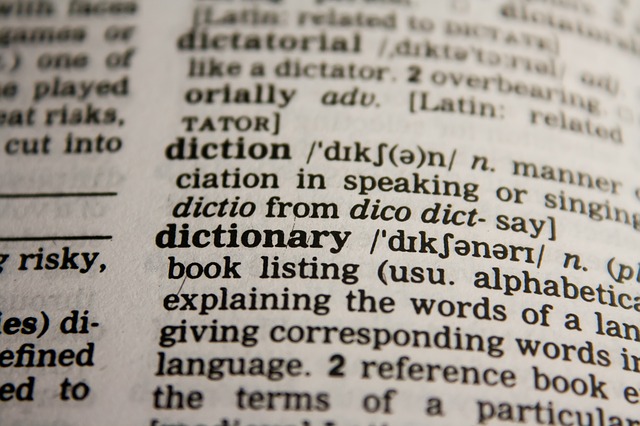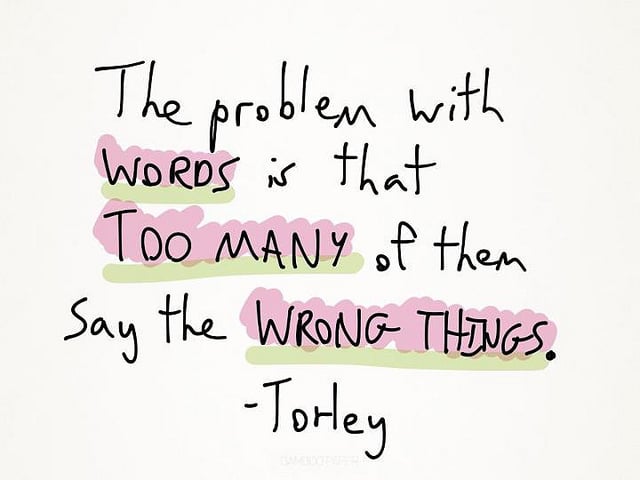Are You Guilty of Misusing these Common English Words?
Every language has its nuances and English is no exception. In fact, it’s well-known for being a difficult language to master because of all the broken rules. So, it is no surprise that many English speakers, whether new or native to the language, might commonly misuse words without even knowing it.
If you’re planning to work for an English-speaking company, there are some common mistakes that some native speakers make that are frowned upon by educated speakers and that you should avoid if you want to give a good impression. So, even if your command of English is good, you may not be aware that these terms are actually wrong.
Here are some examples of vocabulary errors that you might be guilty of:

Photo via Pixabay
1. Affect/Effect
“Affect” is a verb meaning to have an influence on something such as, “the temperature affected the results of the study.” “Effect” is a noun meaning to be influenced by something as in, “Skewed results were the effect of high temperatures.”
2. Irregardless
You may have learned that this word means the same as “regardless,” or without consideration for the present situation, but “irregardless” is not a real word. Its use is common, yet any time you hear this word, it should simply be replaced with the word “regardless.”

Photo via Flickr
3. Inflammable
This, on the other hand, is a real word. However, its meaning is almost certainly not what you think it is. Inflammable has the exact meaning of flammable, or in other words, whatever marked with this word can burst into flame. We know it makes no sense. We didn’t create the word; we’re just making sure that you use it correctly.
4. I Could Care Less
This is so commonly used that people rarely stop to consider the words themselves. Think about the message the speaker is attempting to send, which is, “I am indifferent,” or “I don’t care.” However, the phrase, “I could care less” indicates that you do care—the opposite of your intended message. The phrase should be spoken as, “I couldn’t care less.” As in, “My friend’s puppy peed on my shoe and she acted like she couldn’t care less!”
Learning a new language? Check out our free placement test to see how your level measures up!
5. Peruse
Many people use this word to replace the more accurate choices of skim, scan, or browse, as in, “I will peruse the book review quickly and let you know my thoughts.” In fact, this is the opposite of the actual meaning, which is to carefully scrutinize. So the proper usage would be, “I will need some time to peruse the book review before relaying my thoughts.”
6. i.e.
This common shortcut is often confused with “etc.” and “e.g.” so let’s clear the air. “Etc.” is short for etcetera, meaning that there are more, similar items that could be listed. This is used at the end of a list of items as in, “I went to the store for bread, milk, eggs, ice cream, etc.” It brings an end to what could be an endless list of items. “E.g.” is used when an example is presented and means, “for example.” “We could go anywhere, e.g. Spain or Morocco.” Finally, “i.e.”, commonly misused as, “for example” actually means that there is an additional bit of information coming with the intent of clarification. Correct usage might look like this, “The library is closed so we will need to go later in the week, i.e. Thursday or Friday.”

Photo via Flickr
So, we know you know that English is hard, but we hope we taught you something you don’t know. Often, words and phrases make no sense, especially when widely accepted in their improper form, but whether your native tongue was trained incorrectly or you are learning English for the first time, at least the above list will help clear up a few misconceptions. Take it away, learners!
